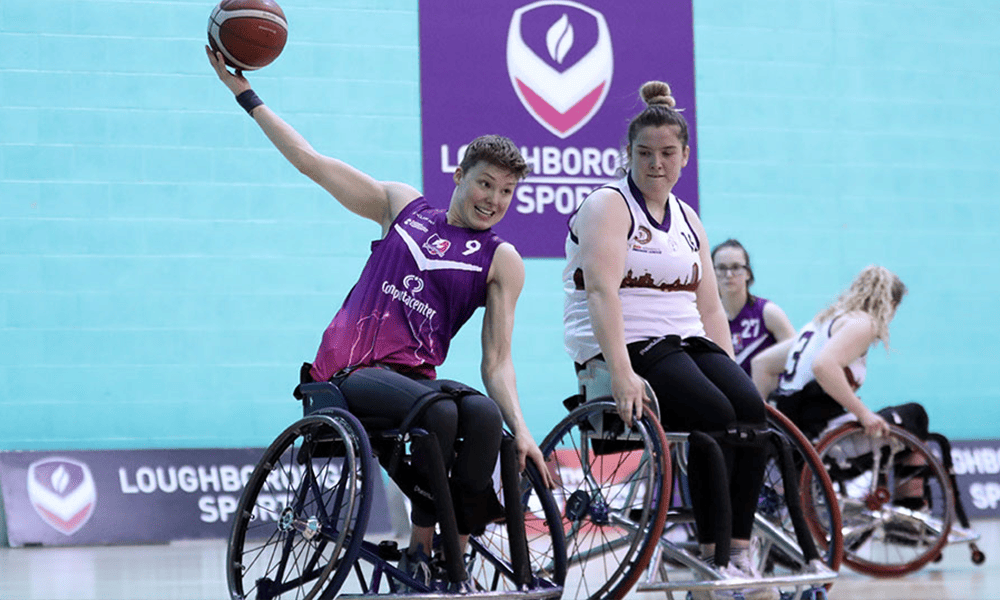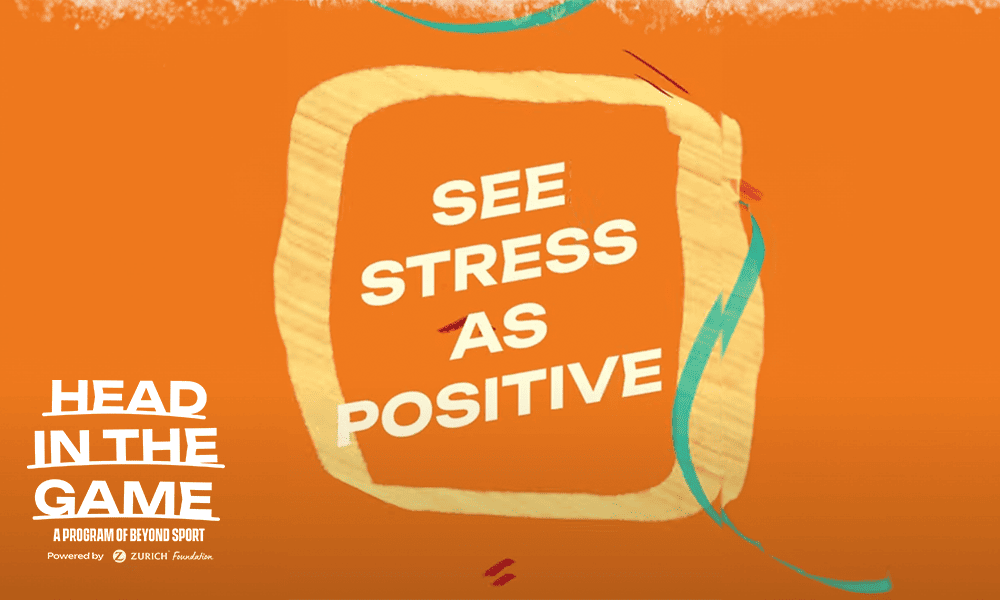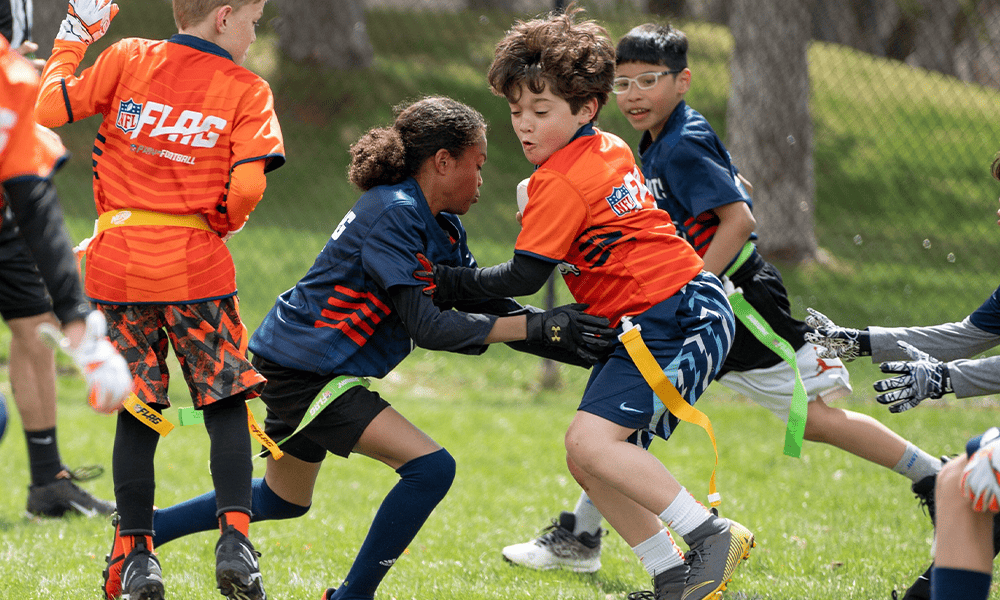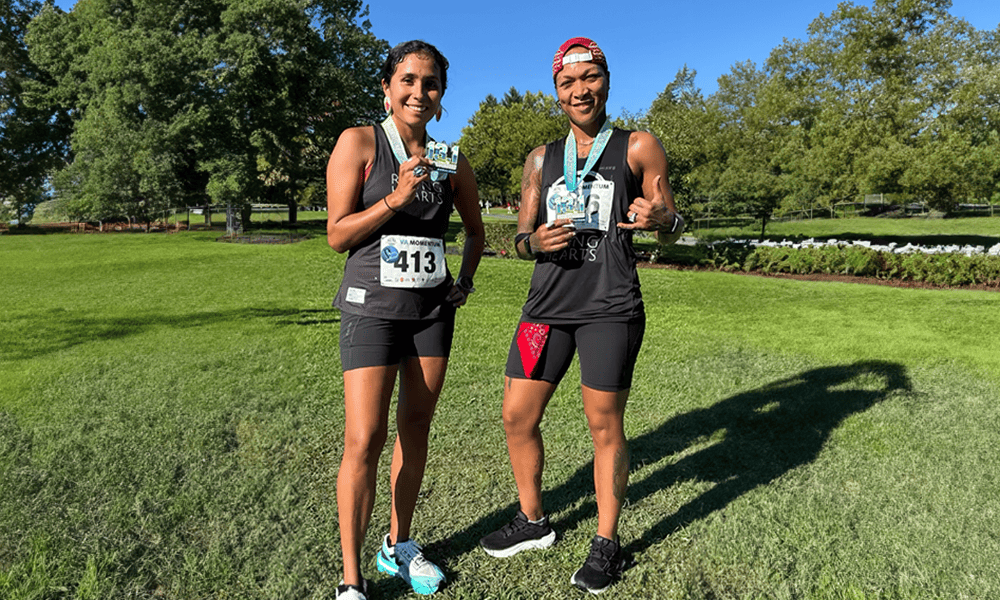April 15, 2022
At Beyond Sport, we firmly believe that when used with intention, sport provides strong solutions to the complex social issues that divide us – across all communities, countries and conflicts. In this context, it is a powerful tool to advance human rights in the direst of circumstances. In our latest series, we’re highlighting just a few of the sport for development organizations in our network who are providing vital support, safe relocations, equipment and resources to those directly affected by crises around the world.
Today, we’re featuring Free to Run, Skateistan and Ascend Athletics who are supporting Afghans – especially women and girls – during Afghanistan’s worsening humanitarian emergency.
THE CRISIS IN AFGHANISTAN
In August 2021, the Taliban took complete control of Afghanistan’s government. Following a rapid offensive that killed nearly 400 civilians, the Taliban seized control of the country once again and returned it to strict Islamic law. Since then, and following decades of conflict, acute starvation, a collapsed economy and health-care system, backtracking on human rights and years of drought and freezing winters, have pushed the nation to the brink. The Taliban has also enforced their own austere version of Sharia (Islamic law), and with their interpretation, put constraints on girls’ and women’s rights to education, participation in sports and more. The situation became dire for Afghan women and girls, and in March they were left again without an opportunity for higher education after leaders decided against reopening schools.
In the immediate aftermath of the Taliban’s seizure of power, Afghans scrambled to flee the country, leaving 700,000 people newly displaced within the country, and 3.4 million people internally displaced in 2021. Millions of Afghans are struggling to survive after crucial foreign aid was halted due to the takeover. The ceasing of billions of dollars in assistance and the enforcing of sanctions have impeded much-needed relief work in the country. According to the World Food Programme, the price of food in Afghanistan has risen by nearly 40% over the past eight months, over three million children are suffering from malnutrition and a drastic 97% of Afghans could fall below the poverty line by mid-2022.
With all of this and a growing number of refugees, Afghanistan has been named the number one humanitarian crisis on the IRC’s Top 10 Emergency Watch List.

Since 2014, Free to Run has been using adventure sports and running to develop female leaders in areas of conflict in Afghanistan and Iraq. Its programs increase opportunities for marginalized women and girls aged 15-25 to engage in public life, using sport as a tool for empowerment and education.
Conflict and violence have a devastating impact on societies, but women are disproportionately affected, with their rights restricted and often overlooked. Free to Run believes that the free, full and equal participation of all women and girls is key to resolving conflict and promoting peace. Beyond Sport recognized the organization with our Sport for Peace and Social Justice Award in 2020.
Afghanistan is among the lowest-ranked countries in the world for gender equality in terms of educational opportunities, life expectancy, health, human rights and access to justice for women. After operating in the country for the last seven years, the Taliban’s seizure of power brought new challenges for Free to Run. In an immediate response, the non-profit pushed efforts to ensure the safety and security of their staff and participants within the country, which included evacuations and fundraising.
We spoke to Executive Director, Sarah Murray, who shared on the immediate needs in Afghanistan, Free to Run’s efforts, the prospects of resuming sport for development programming within the country and more.
CLICK HERE TO READ OUR Q&A WITH FREE TO RUN
CLICK HERE TO SUPPORT FREE TO RUN
If philanthropists are interested in becoming strategic partners in their work, email [email protected].

Using skateboarding as a tool to engage Afghan youth and break down social barriers, Skateistan empowers girls and boys from all ethnicities, abilities and social classes. Since it was established in Kabul, Afghanistan in 2007, the award-winning international non-profit and past Beyond Sport Global Award winner has expanded to Phnom Penh, Cambodia, Zarqa and Irbid, Jordan and Johannesburg, South Africa.
Conflict in Afghanistan has been largely ongoing since 1978, leading to severe social dislocation and divisions between ethnic groups and economic classes. Skateistan supports children to change the trajectory of their lives and that of their conflict-stricken communities. Combining skateboarding with creative, arts-based education, it gives “children the opportunity to become leaders for a better world.”
As of 2021, Skateistan has taught and educated more than 13,000 children through its programs and graduated more than 1,000 out-of-school children in Afghanistan from its Back-to-School program and into formal education.
We spoke with Communications Officer Alyssa Bialowas about the organization’s newly resumed programming in Afghanistan and her thoughts on sports’ role in providing support during humanitarian crises.
CLICK HERE TO READ OUR Q&A WITH SKATEISTAN
CLICK HERE TO SUPPORT SKATEISTAN
ASCEND: LEADERSHIP THROUGH ATHLETICS

Since 2014, Ascend’s mission has been to empower girls through high-impact sports-based leadership training. The organization develops young Afghan girls’ and women’s self-confidence, leadership skills and civic engagement through mountain climbing. Everything the non-profit does is designed to “strengthen our participants in body and in mind.”
Ascend was founded with the goal of building confidence and expanding horizons for young women in a country where girls could not attend schools or participate in sports. Every year since 2015, the organization has graduated approximately 20 girls from its Afghanistan program and last year opened the first sports center for women in Kabul.
With the regime change in Afghanistan, Ascend temporarily closed the doors on the new sports center and turned its efforts to evacuating staff members, key at-risk participants and in some cases, where possible, their families. The organization was able to evactuate 135 people, the majority of which have been resettled.
We spoke with Executive Director Marina LeGree about sports’ power to support in times of crises, the organization’s evacuation efforts and the potential to resume programming in Afghanistan.





